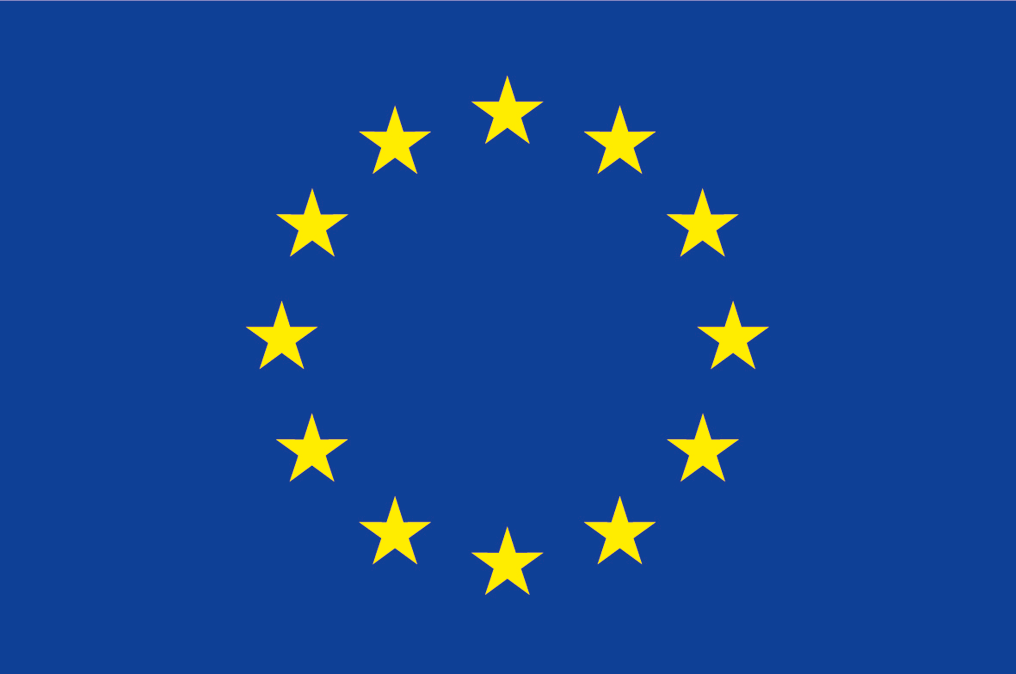The ORCHID project is an EU initiative, coordinated by Leiden University Medical Center and the Dutch Organ‑on‑Chip consortium hDMT in The Netherlands, with the Fraunhofer IGB participating for the first time in a FET Open project focusing on impact assessment. The evaluation of the Organ‑on‑Chip technology and the identification of ethical questions as well as establishing standards and identifying measures for regulatory implementation are part of the target conception. In addition, both economic and social impacts will be analysed and a roadmap will be developed to guide the necessary R&D efforts. Finally, a digital reference platform for raising awareness and building the ecosystem for organ-on-chip technology is also included in the program.
In this way ORCHID as a whole will secure and reinforce Europe’s leadership on organ‑on‑chip. The project will have a broad impact as it is not only key for making drug and cosmetic development test‑animalfree, but the accuracy and speed with which outcomes can be evaluated will surpass standard cell cultures and laboratory animals that presently capture human physiology and response on drugs imperfectly.

 Fraunhofer Institute for Interfacial Engineering and Biotechnology IGB
Fraunhofer Institute for Interfacial Engineering and Biotechnology IGB